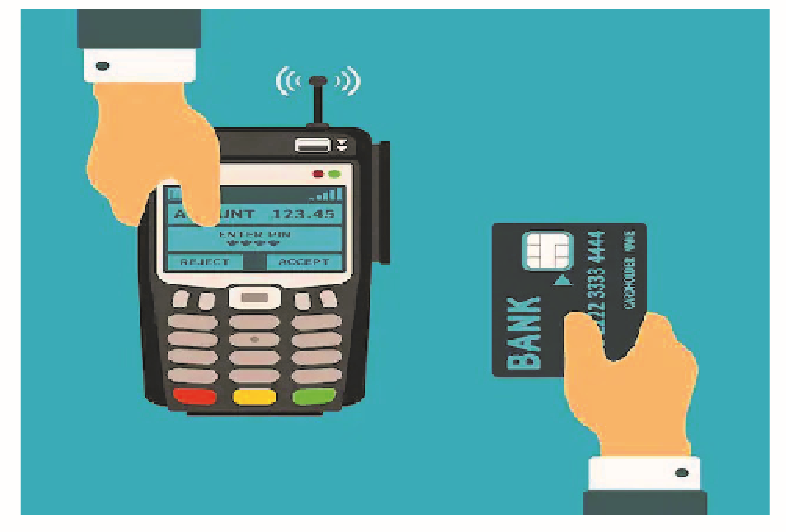With two days to the commencement of the cashless policy of the Central Bank of Nigeria (CBN) which places a limit on how much cash a bank customer can withdraw over the counter, Automated Teller Machines (ATMs) and Point of Sale (POS), many customers remain worried on how the policy will affect their daily transactions and businesses.
The CBN had on December 6, 2022, issued a circular to all deposit money banks, microfinance institutions, primary mortgage banks and other financial institutions, directing that the next step of the cashless policy will take effect from Monday, January 9, 2023.
The Cashless Banking Directive
According to the new policy, individual bank customers cannot withdraw more than N100,000 in cash over the counter, through ATMs or POS in a day.
This amounts to N500,000 every week. For corporate customers, the withdrawal limit was placed at N500,000 per day amounting to N2.5million per week.
The circular which was signed by CBN Director, Banking Supervision, Haruna Mustafa, also placed a limit on over the counter third party cheque as well.
CBN governor, Godwin Emefiele had prior to announcing the redesigning of the naira had mentioned plans to ensure that the Nigeran economy goes 100 per cent cashless. In canvassing for the redesigning of the N200, N500 and N1,000 notes he had also mentioned that the higher denominated notes will be used as only a store of value as only more of the lower notes will be in circulation.
To achieve this, the circular directed that, as against N1,000 and N500 notes that are dispensed by ATMs across the country, naira denominations of N200 and below only must be loaded into ATMs. This would mean that N500 and N1,000 notes can only be collected over the counter at the banking halls or at POS points.
For those who would want to exceed the limit, the circular had stipulated that withdrawals above these limits will attract processing fees of five per cent for individuals and 10 per cent for corporate organisations.
The CBN also directed that banks provide “monthly returns on cash withdrawal transactions above the specified limits should be rendered to the Banking Supervision Department, compliance with extant AML/CFT regulations relating to KYC, ongoing customer due diligence and suspicious transaction reporting etc. is required in all circumstances, customers should be encouraged to use alternative channels (internet banking, mobile banking apps, USSD, cards/POS, eNaira, etc.) to conduct their banking transactions” adding that aiding and abetting the circumvention of this policy will attract severe sanctions.
Benefits of e-banking
The ease of conducting financial transactions is probably the biggest motivator to go digital. It’s also a safer and easier spending option.
Head of financial institutions ratings at Agusto&Co, Ayokunle Olubunmi said, whilst the policy is a good one that will help the economy in the long run, it may create a dislocation in the country’s economy in the short run as people strive to adjust to the new policy.
To him, the policy will enable CBN track the flow of funds against what has been happening in the country where its monetary policies do not have control over cash in circulation.
He also noted that, the policy, in the long run, will be good for the credit system as banks will be able to give out loans based on BVN.
Asides this, he said, it will boost government revenue as small and micro businesses in the informal sector will now be brought into the formal system, thus, allowing the tax authorities to be able track and tax them accordingly.
Although, some have argued that the new policy would put agency banking agents popularly known as POS points out of business, a banking agent in Lagos, Johnson Okanlawon, said the policy would be more favourable to banking agents.





